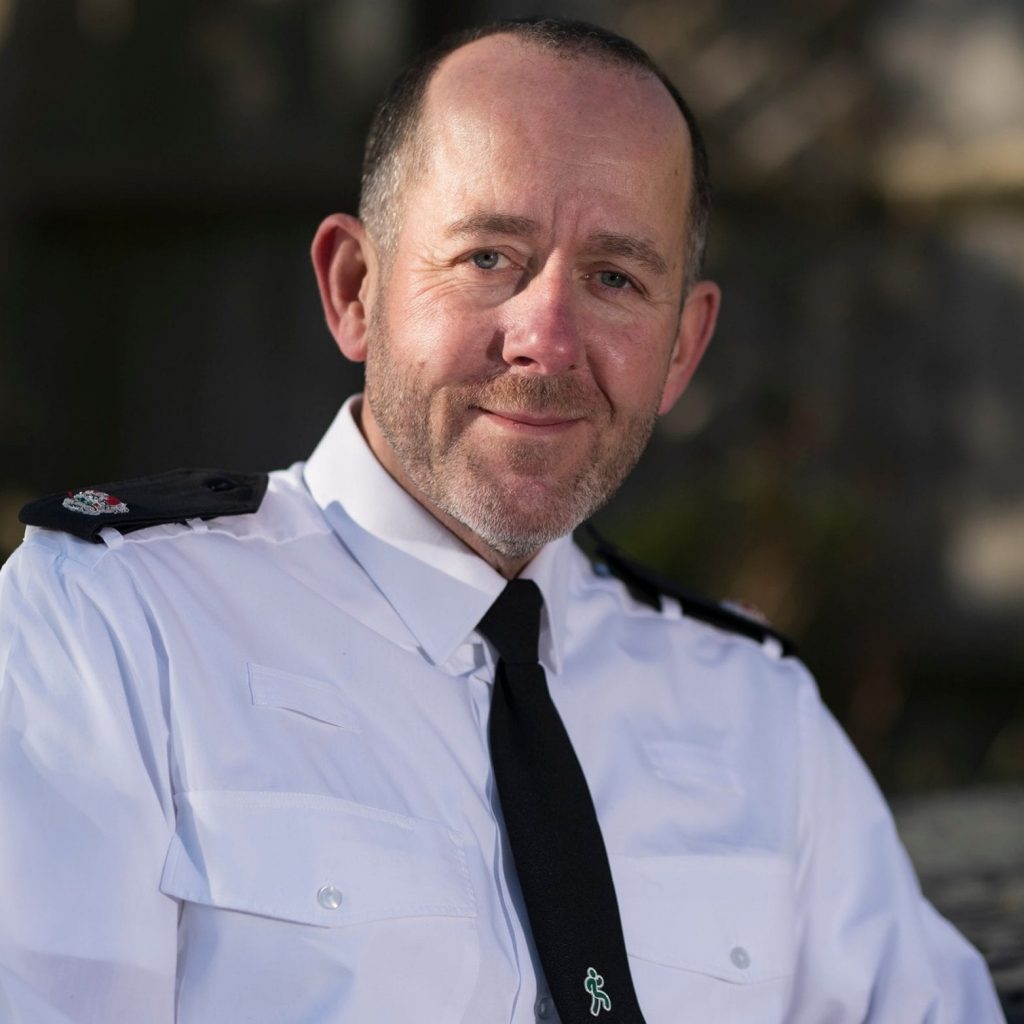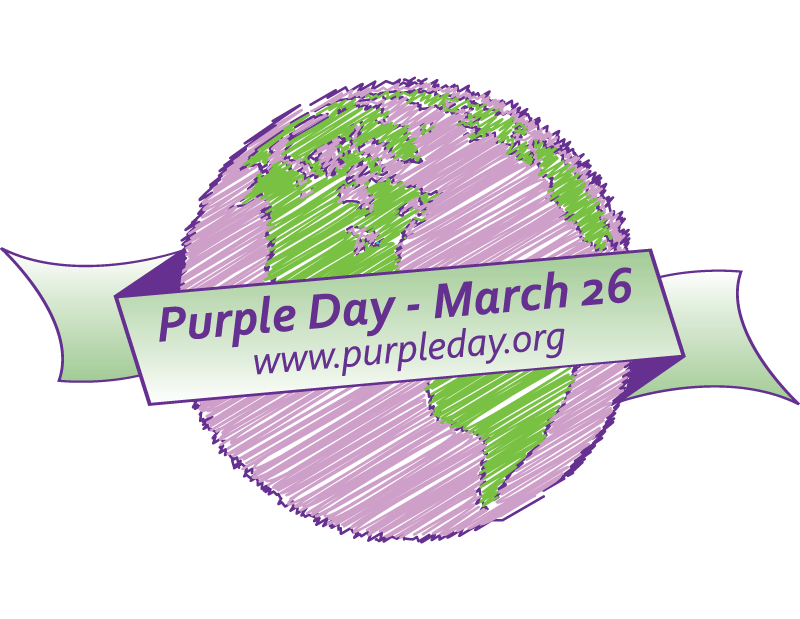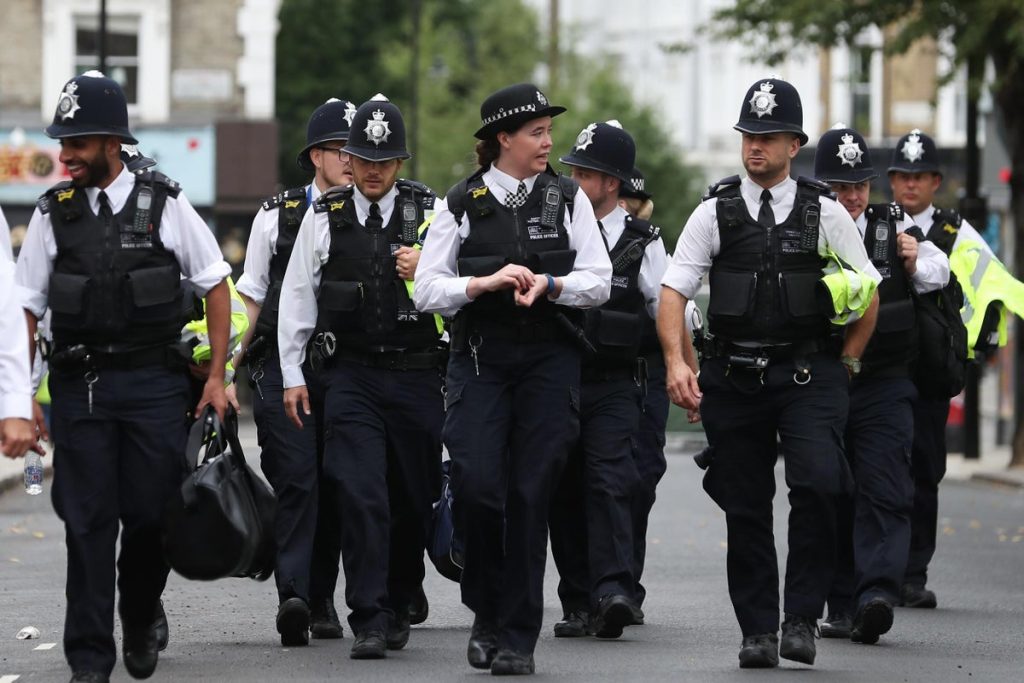by Simon Nelson
President | Disabled Police Association
Welcome to the second of my bimonthly one page blogs of this year which I publish in the hope they will stimulate thoughts and discussion without taking up too much of your busy time. Please feel free to contribute, challenge and share any comments and ideas about the points raised.

This time I will share some of my thoughts on the police fitness test, fitness in general and our service commitment to staff wellbeing. This has been the subject of much debate recently including the #WeCops discussion and the important gender perspectives raised by Team #BleepKind on Twitter. During my 27 years of police service I have experienced many positive changes, including the greater awareness and support for wellbeing at a local level and through Oscar Kilo. For many years prior to the introduction of the Job-Related Fitness Test (JRFT) and the Alternative Job-Related Fitness Test (AJRFT) the vast majority of police officers maintained their physical fitness through professional pride, however many including myself had not previously considered the importance of investing in our mental health.
In brief, the JRFT was introduced several years ago as a result of a national review. Anecdotal evidence from some Police Chiefs suggested that some forces were struggling to deliver operational policing due to a critical number of their officers not being ‘fully deployable’. It is incredibly important for the police service to be able to discharge its response and mobilisation responsibilities and I do not in any way suggest that a number of officers should be able to chase and restrain, particularly when they join, but I suggest we need to define accurately the actual deployable capacity required. I do not believe a comprehensive equality impact assessment was completed before these substantial changes to Police Regulations were enacted, as it would have identified the significant and disproportionate impact on those from certain protected groups, including those with long-term conditions that result in a substantial impact on their day-to-day lives (disabilities).
The JRFT is a shuttle run between measured distances, requiring the individual to reach each line and turn back in time with an audible bleep which repeats sooner over time. The AJRFT provides the alternative of a treadmill which increases in gradient. There is a lot of technical information relating to the testing of the individual’s oxygen capacity and efficiency which I do not have the space to explain here, but officers are required to reach different levels and duration according to their general or specialist roles. All officers are required to pass the test once a year and if they fail several times they have previously faced the prospect of misconduct procedures or more recently Unsatisfactory Performance Procedures (UPP). Although not enforced to date this also permits a force to remove an ‘X Factor‘ or what is claimed to be an operational element (8%) of an officer’s salary and even exit them from the service under ‘Capability Dismissal‘.
JRFT guidelines actually define the purpose of the test as being a Health and Safety requirement prior to taking part in police safety training, which is the same core package for every officer irrespective of role – we need to consider how proportionate and necessary that is. The test is usually taken on the beginning of day one of the training and the consequences as a result of failure varies greatly across 43 forces. Some allow participation in First Aid training to continue, many send the officer away and others allow a senior officer to assess the specific circumstances of that individual, including any disabilities. Officers who have not shared previously details of their less obvious disability due to being fearful of how they might be treated if they did, have been ‘outed’ by the test and removed from operational duties even though they may be well-respected and effective members of their response teams. Some forces such as my home force have become more measured and supportive in their response to this, including considering reasonable adjustments – others have not.
I am very fortunate in that following the start of my life with a disability in 2005 I have always been able to pass the JRFT since its introduction, however the test is not the motivator for myself and most others to maintain a good standard of fitness. The focus has become the test rather than the importance of being as physically and mentally fit as we can be and in the interests of personal wellbeing. A considerable number of otherwise resilient individuals suffer a disproportionate level of stress caused by having to take the test on the day and these peculiar circumstances sometimes contribute to poor mental health. Now is the ideal opportunity to have a mature conversation about the test, including how our future workforce now has a 35 year career and a normal retirement age of 60, with an even higher probability over time that officers will experience a life-changing injury or illness, as I did. We can still promote fitness and wellbeing whilst ensuring those who can never pass these specific tests are still able to serve their communities with all their experience and many other abilities, I know the public still values.
If we truly value difference there needs to be equity as well as equality, breaking free of some fears and assumptions that those who serve with pride might default to the lowest standards of fitness or ‘try to have the job over’ should the focus shift from testing, to personal continuing professional health development and wellbeing. ∎


